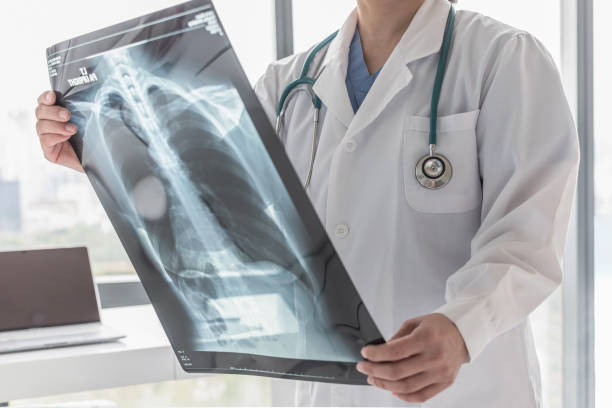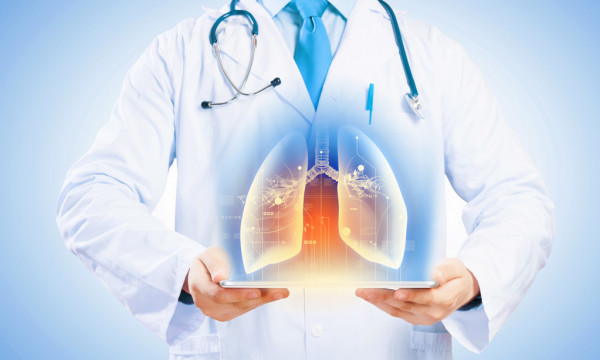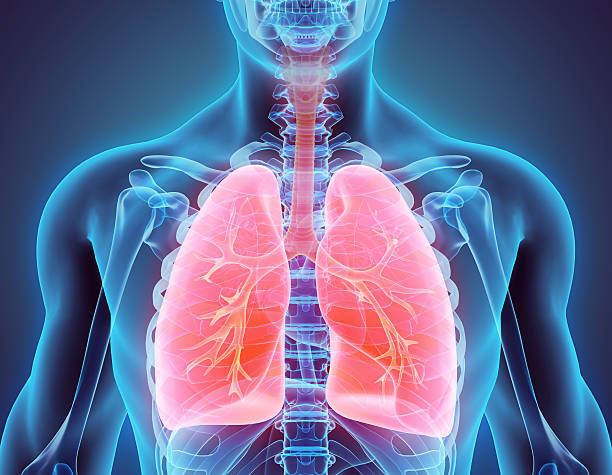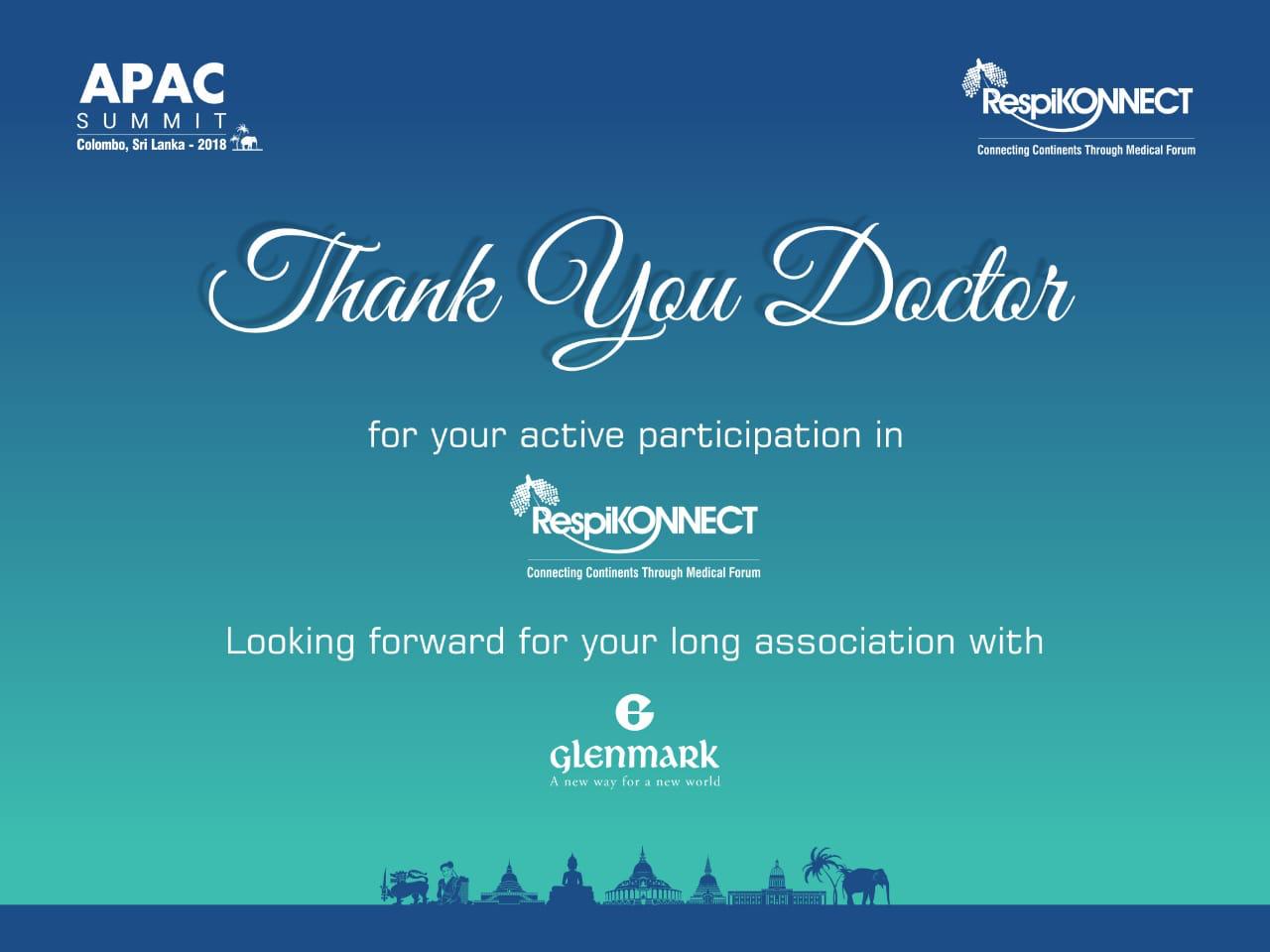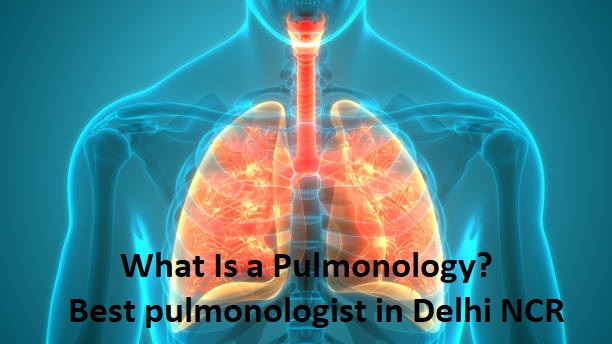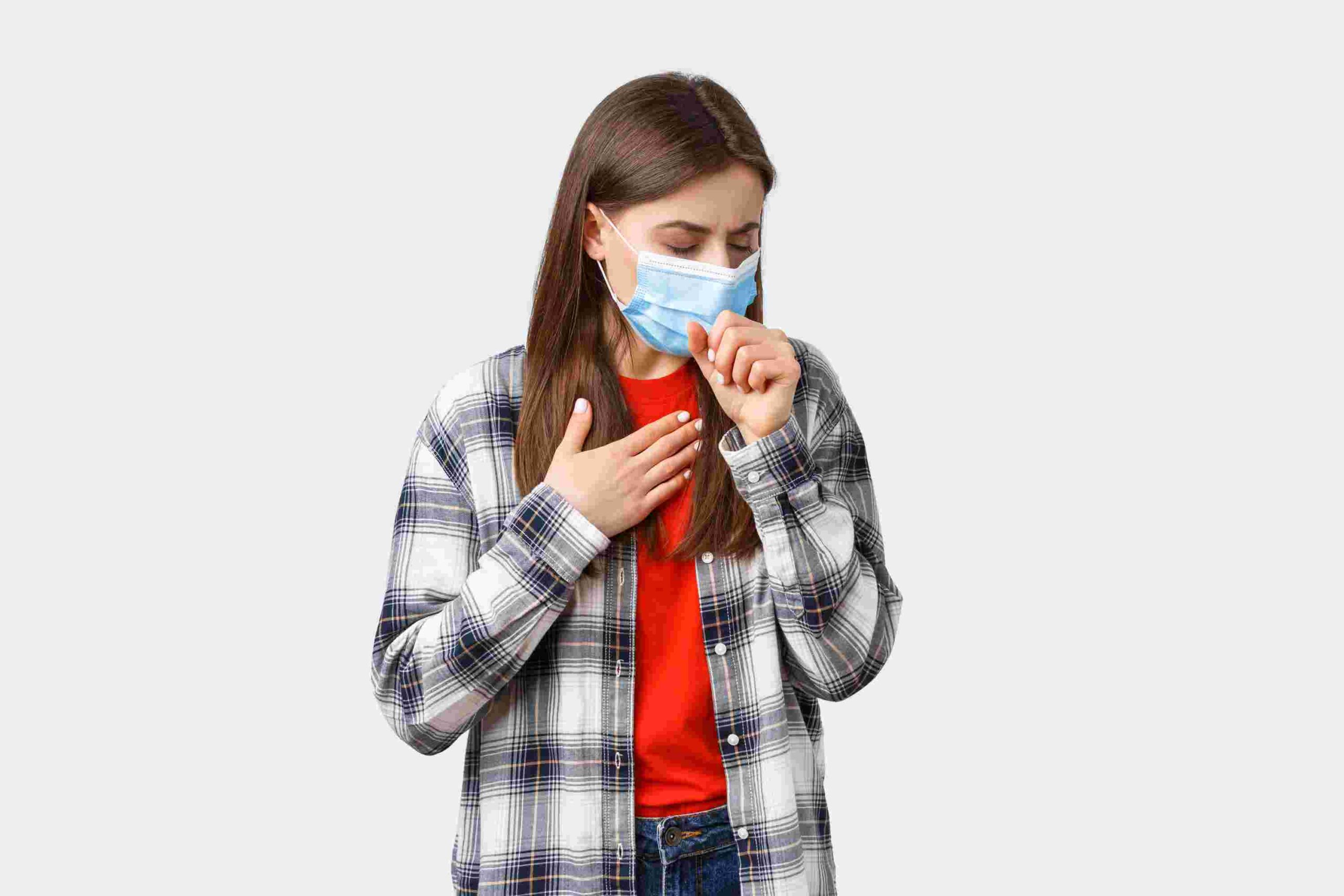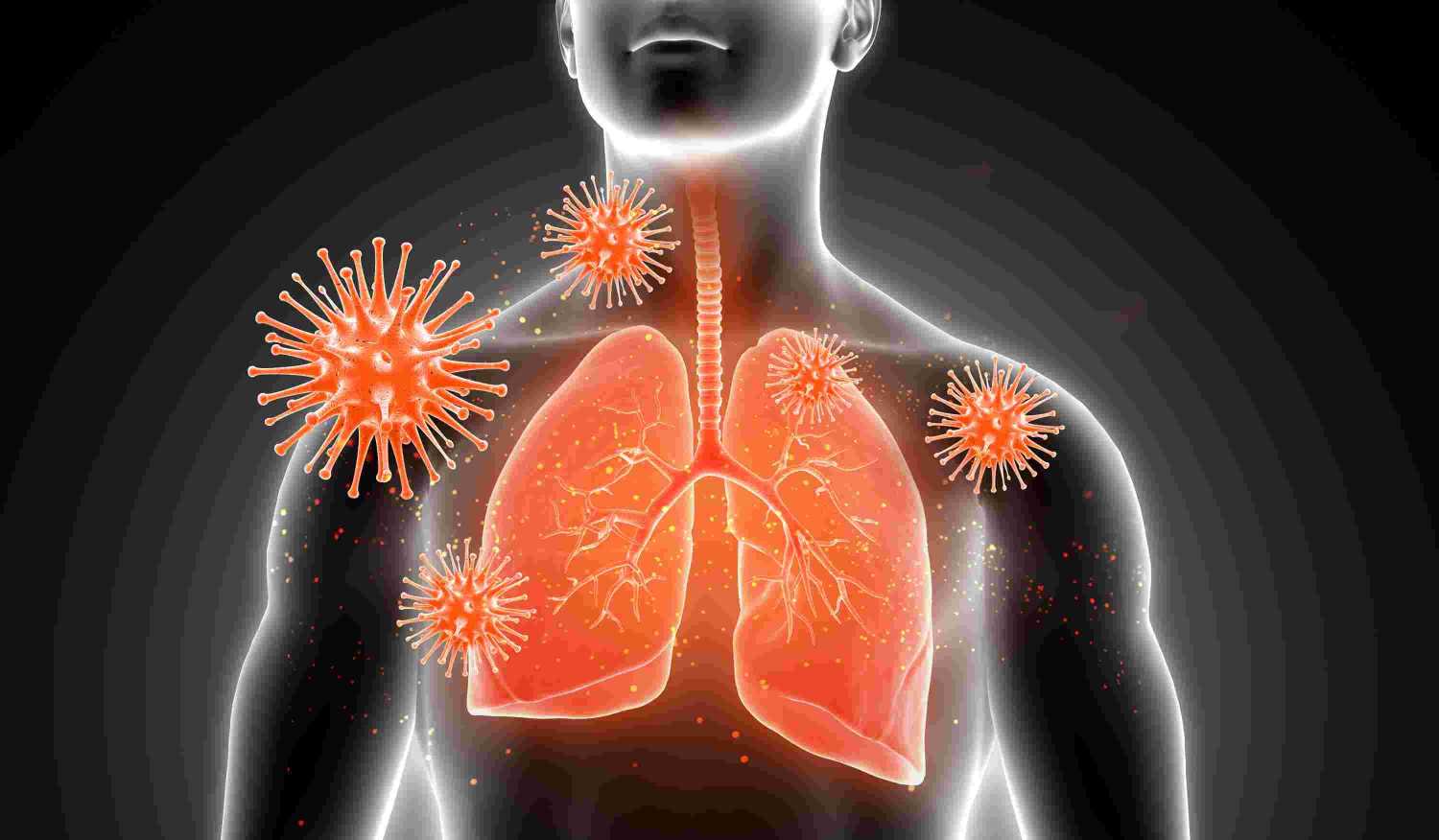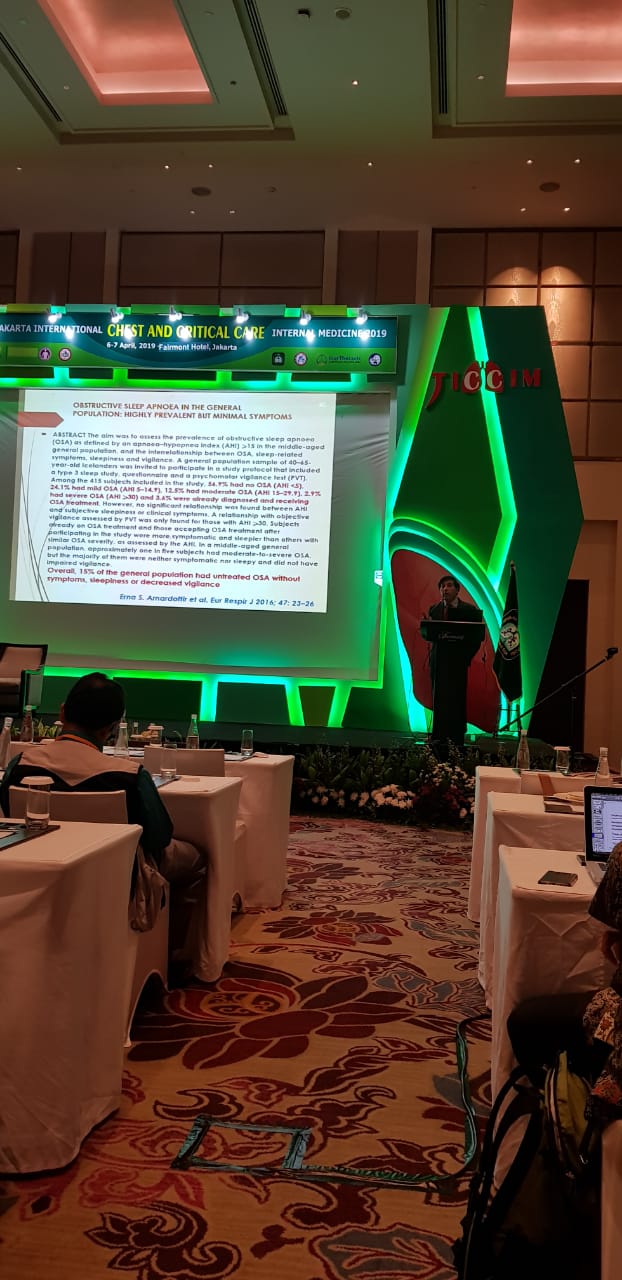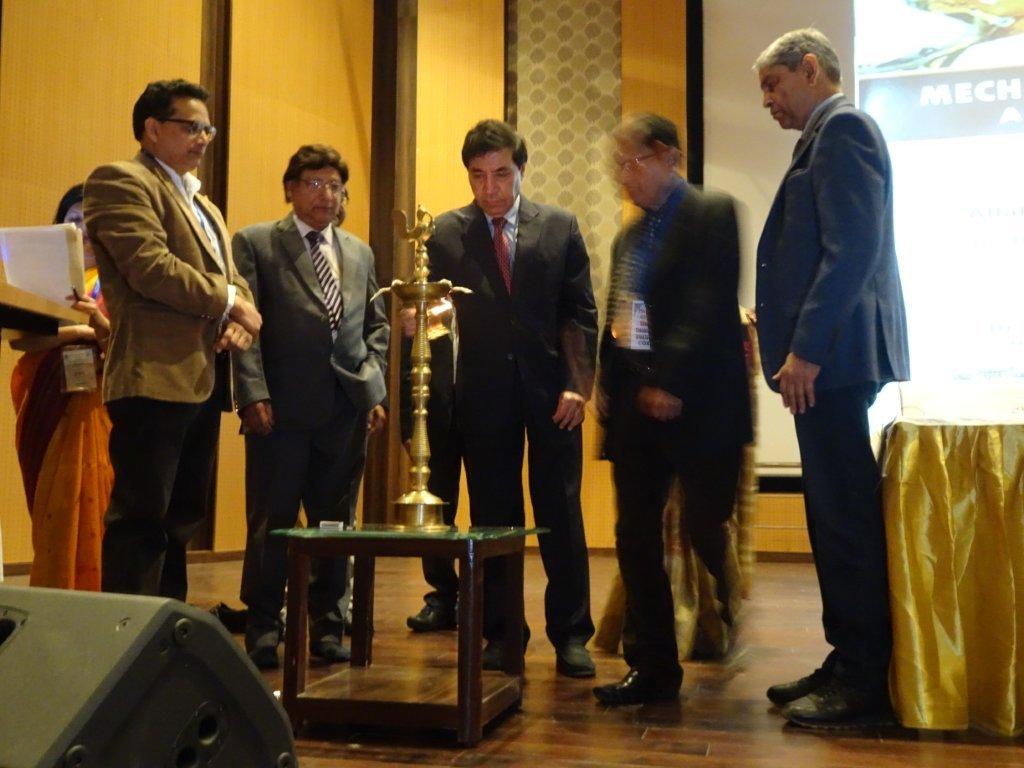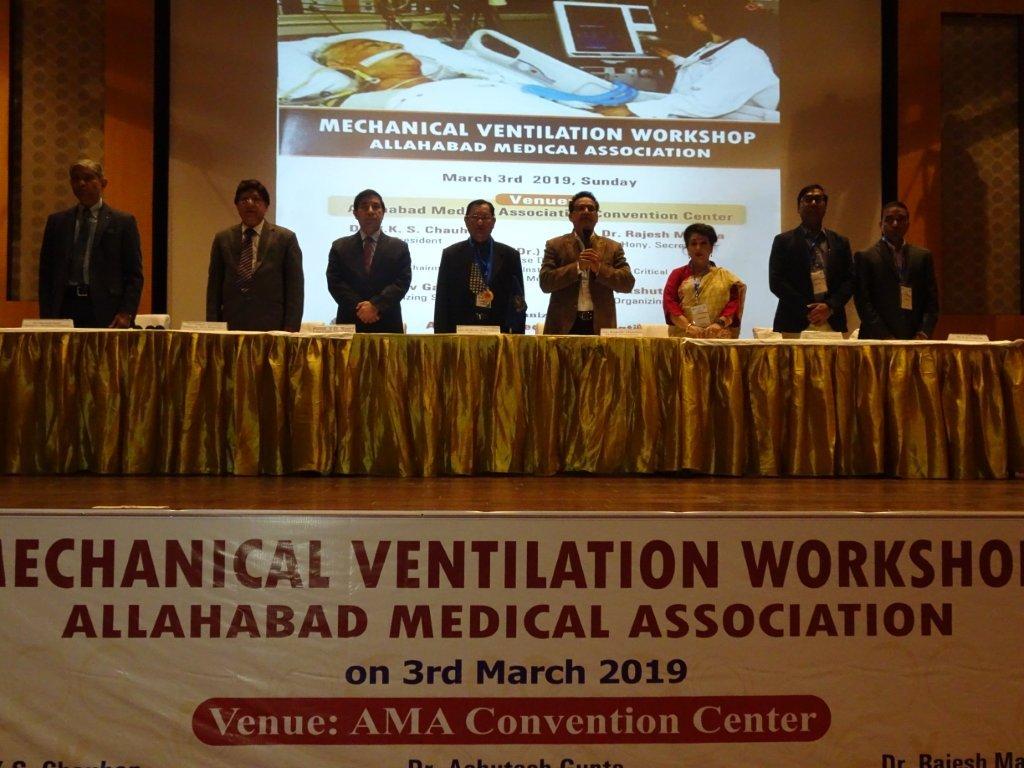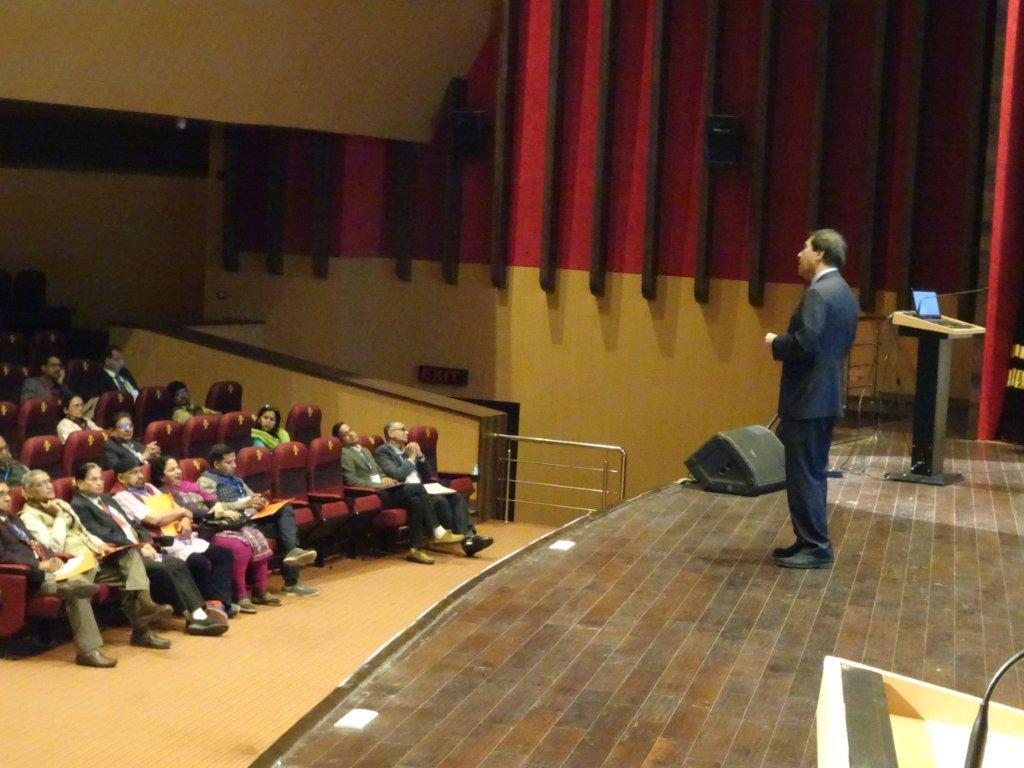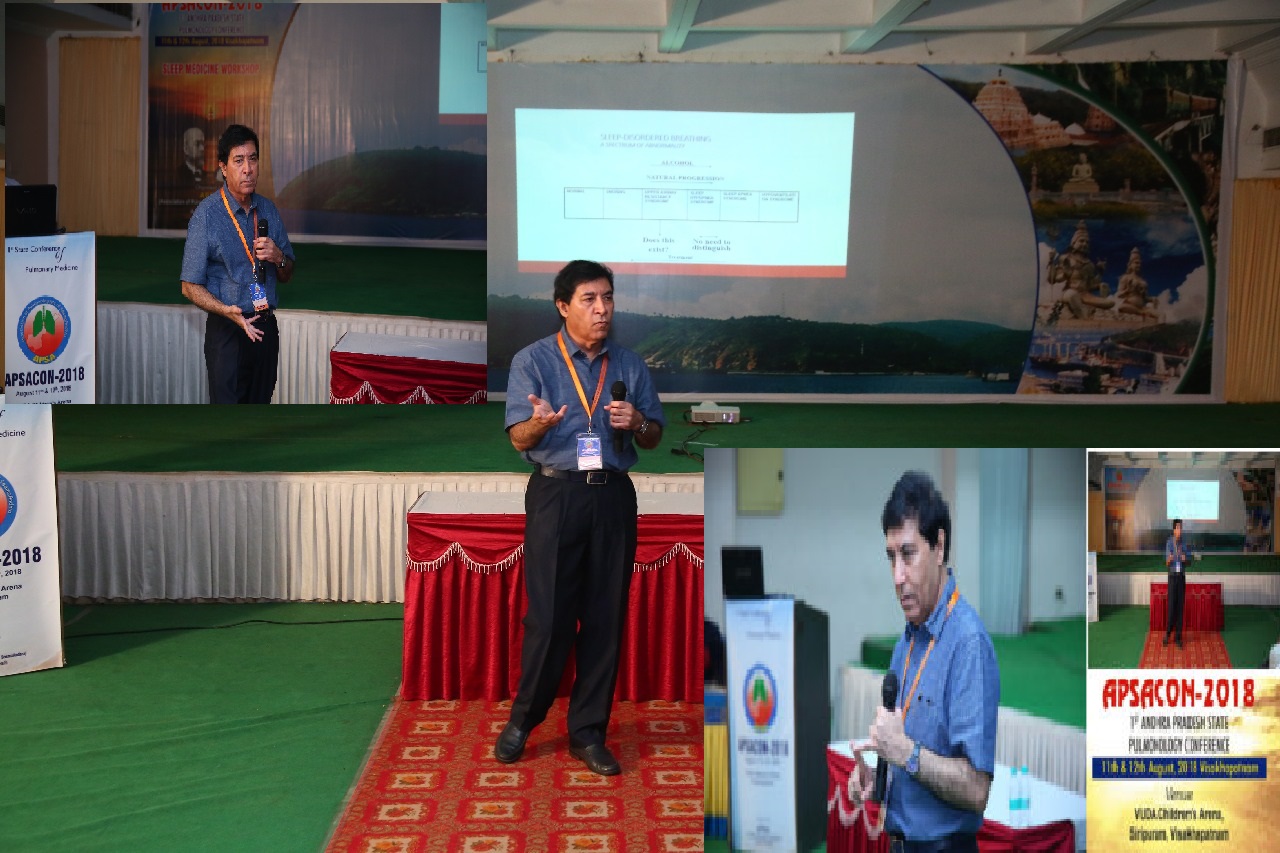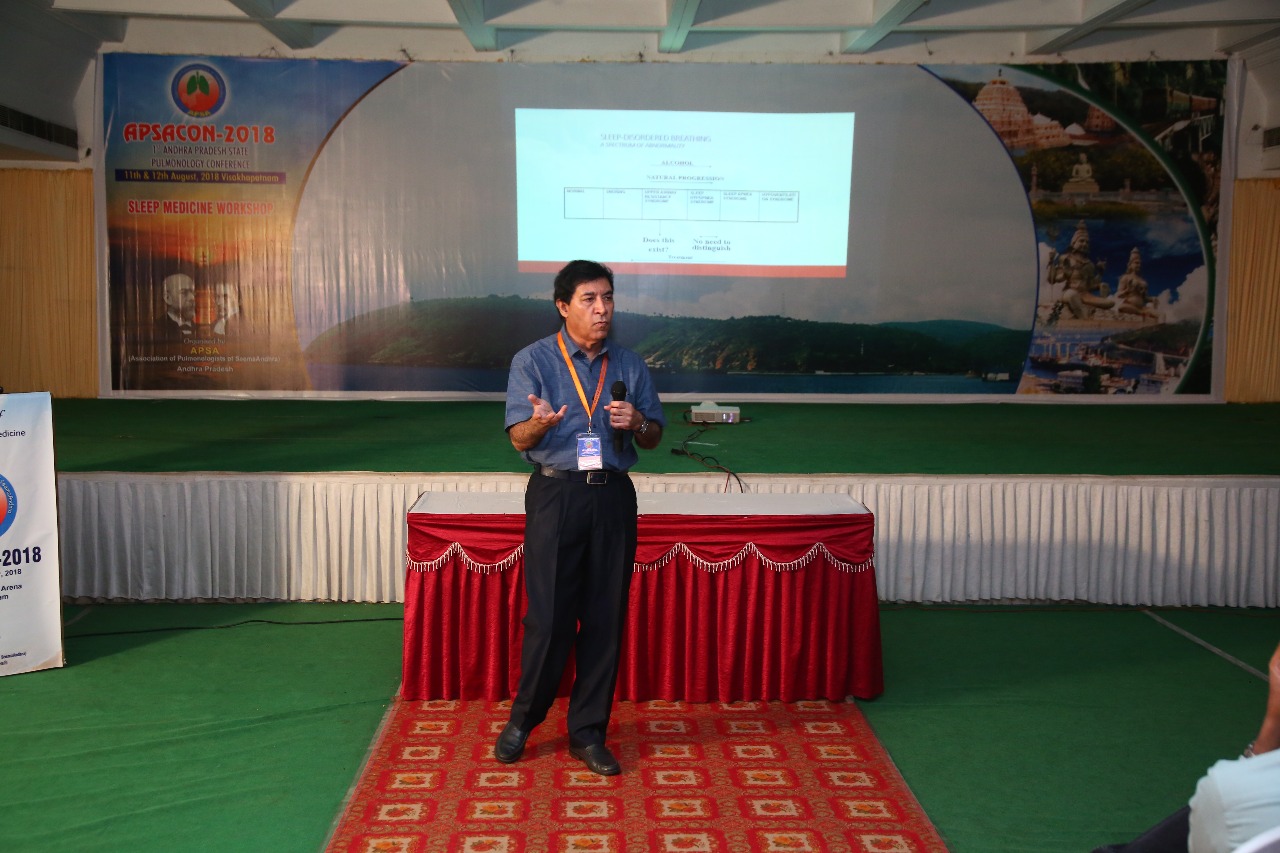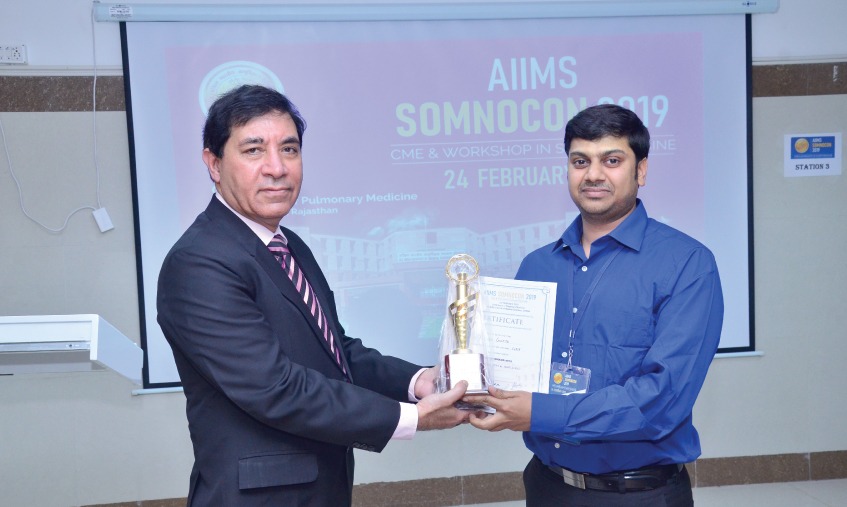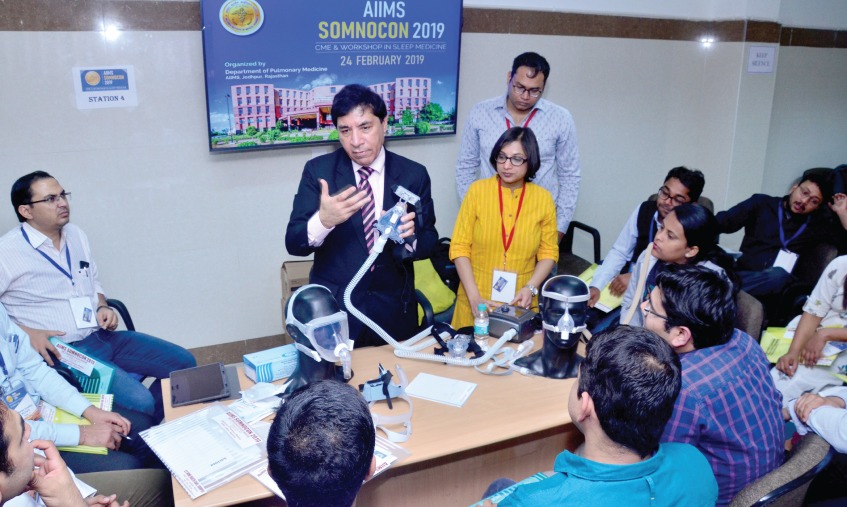How can hot weather affect my heart?
Chest hurt in the summer: Hot weather means your body has to work harder to keep your core temperature at a normal level, and this puts extra strain on your heart, lungs, and kidneys. This means you may be at higher risk if you have heart disease.
That’s why staying cool and hydrated is especially important.
These risks are higher than normal during the current COVID-19 coronavirus outbreak as the virus also affects the heart, lungs, kidneys, and kidneys. If you’re spending more time at home than usual, it can also mean that it’s hard to stay calm.
If you are currently infected with COVID-19 and have a fever, staying cool can be especially difficult. If you are recovering at home after becoming seriously ill from COVID-19, you may have some organ damage, which means you will be at greater risk from the harmful effects of heat.
If any of these apply to you or a loved one, it is especially important to stay cool and hydrated.
Drinking plenty of fluids will help compensate for the fact that you are sweating more than usual and your blood pressure will stop dropping too high.
Related:
Shortness of Breath during Weather Changes
What can I do to stay cool?
There are a few simple things you can do to keep cool in hot weather:
- Stay hydrated by drinking plenty of water or other drinks. Water is best but milk, sports drinks, diluted squash, fruit juice, tea, and coffee are all that matter (though it’s best to drink no more than three to five cups of tea or coffee a day or switch to decaffeinated versions). . For example, if you have been told to restrict your fluid intake because you have heart failure, for example, you should talk to your doctor. Read more about dealing with hot weather when you have fluid restrictions.
- Avoid drinking too many alcoholic beverages. They can make you more dehydrated.
- Enjoy cold foods, such as salads and fruits, which are high in water and are good sources of vitamins and minerals.
- Try to keep your house cool when you are indoors. If you have shutters, cover windows exposed to direct sunlight, or cover them if you don’t have blinds or curtains. If it’s cooler outside than your house, open the windows. Turn off any lights or electrical appliances you don’t need, as they can heat up your home.
- Spend time in the coldest part of your home, especially for sleeping.
- Wear light, loose-fitting clothing.
- Stay out of the sun during the hottest part of the day between 11 am and 3 pm.
- It can be cooler to go outside, especially if you can spend time in the shade. Apply sunscreen, wear a hat and carry some water with you.
- Avoid excessive physical exercise.
What if I’m feeling sick in the heat?
Chest hurt in the summer: Some symptoms of heat-related illnesses, such as high temperature, headache, loss of appetite, dizziness, or shortness of breath, can be similar to the symptoms of COVID-19. If in doubt, get a covid test done and also take measures to calm down. If you are currently infected with COVID-19 and have a fever, staying cool can be especially difficult. The virus can also affect the heart, lungs, and kidneys, so if you are or have been seriously ill with COVID-19, you may be at greater risk from the harmful effects of heat.
Here are four quick ways to feel better if you’re feeling sick in the heat. They should make you feel better in less than 30 minutes:
- Go to a cool place
- Lie down and raise your legs slightly
- drink plenty of water
- Cooldown your skin – Spray or sponge with cool water and fan yourself. If that’s an option for you, ask someone else to do it. Cold packs or ice packs around the armpits or neck are also good.
Hot weather and heart conditions ( Chest hurt in the summer )
Angina
You should take extra care in hot weather if you use GTN spray to control your angina. GTN Spray can rapidly dilate your blood vessels, causing your blood pressure to drop suddenly and you may faint.
Heart failure
It is especially important to stay calm when you have heart failure – where your heart is not pumping blood around your body as it should. If you’ve been told to restrict your fluid intake, talk to your doctor about other ways to keep cool during the summer. Tell your doctor if you take water pills and feel dizzy or lightheaded. Your medication may be reviewed or adapted as needed.
Heatstroke
Losing too much body fluid can raise your internal body temperature, which can be life-threatening if left untreated.
Symptoms of heatstroke include sweating, cold, clammy skin, dizziness, fainting, muscle cramps, heat rash, swollen ankles (swelling), shallow or rapid breathing, nausea, and vomiting.
If you suspect that you or someone else has had heatstroke, seek medical attention immediately.
Who is most at risk?
- Elderly people and very young children have more difficulty controlling their temperature and therefore may be more at risk from extreme temperatures.
- Older people, especially if they are over 75, without much social interaction, or living on their own in a care home.
- People with long-term health conditions, including heart or circulatory conditions, lung conditions, kidney problems, diabetes, and Parkinson’s disease.
- People who have difficulty escaping the heat or adapting to their behavior, such as those who are bed-bound, have disabilities, have dementia, or who work outside.
Research shows that most people do not see themselves as at risk from hot weather, even when they are. In hot weather, check with your friends and relatives regularly to make sure they are cool and comfortable.





